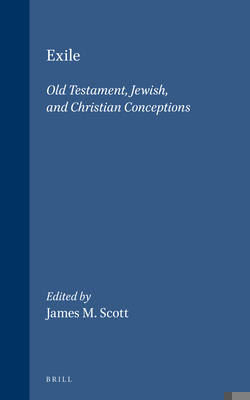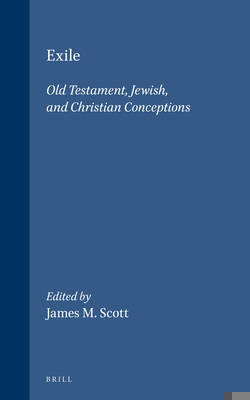
- Afhalen na 1 uur in een winkel met voorraad
- Gratis thuislevering in België vanaf € 30
- Ruim aanbod met 7 miljoen producten
- Afhalen na 1 uur in een winkel met voorraad
- Gratis thuislevering in België vanaf € 30
- Ruim aanbod met 7 miljoen producten
Zoeken
€ 456,45
+ 912 punten
Omschrijving
The exiles of Israel and Judah cast a long shadow over the biblical text and the whole subsequent history of Judaism. Scholars have long recognized the importance of the theme of exile for the Hebrew Bible. Indeed, critical study of the Old Testament has, at least since Wellhausen, been dominated by the Babylonian exile of Judah. In 586 BC, several factors, including the destruction of Jerusalem, the cessation of the sacrificial cult and of the monarchy, and the experience of the exile, began to cause a transformation of Israelite religion which supplied the contours of the larger Judaic framework within which the various forms of Judaism, including the early Christian movement, developed.
Given the importance of the exile to the development of Judaism and Christianity even to the present day, this volume delves into the conceptions of exile which contributed to that development during the formative period.
Given the importance of the exile to the development of Judaism and Christianity even to the present day, this volume delves into the conceptions of exile which contributed to that development during the formative period.
Specificaties
Betrokkenen
- Auteur(s):
- Uitgeverij:
Inhoud
- Aantal bladzijden:
- 400
- Taal:
- Engels
- Reeks:
- Reeksnummer:
- nr. 56
Eigenschappen
- Productcode (EAN):
- 9789004106765
- Verschijningsdatum:
- 1/10/1997
- Uitvoering:
- Hardcover
- Formaat:
- Genaaid
- Afmetingen:
- 167 mm x 244 mm
- Gewicht:
- 839 g

Alleen bij Standaard Boekhandel
+ 912 punten op je klantenkaart van Standaard Boekhandel
Beoordelingen
We publiceren alleen reviews die voldoen aan de voorwaarden voor reviews. Bekijk onze voorwaarden voor reviews.








